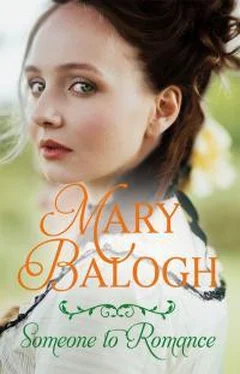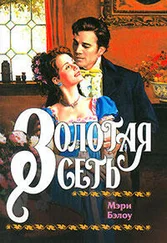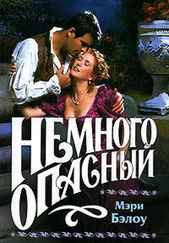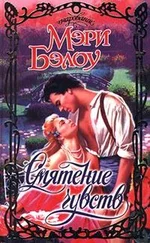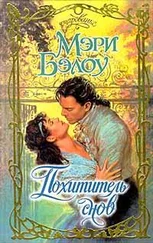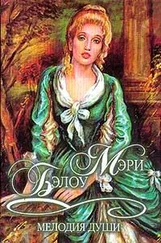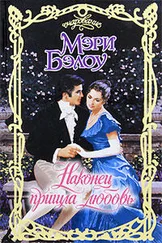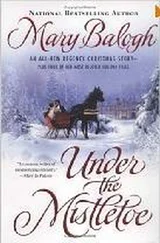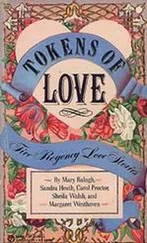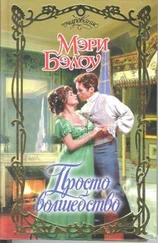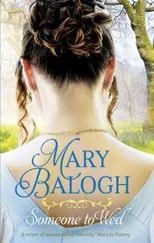“ Only twenty-three,” the Dowager Countess of Riverdale said, throwing up her hands. “Whatever has happened to girls these days? It was very different in our day, Edith, was it not? Any girl not married by the time she reached her twentieth birthday was very firmly on the shelf.”
“It is a relief to hear that you are not upset, Estelle,” Wren said, smiling kindly at her. “That would have been very unfortunate.”
“I am surprised at Avery, Louise,” Mildred said. “You told us only a short while ago that he had withheld his blessing upon Mr. Rochford’s suit until after his father has been officially declared Earl of Lyndale, though that is a mere formality. Yet he gave it yesterday to Mr. Thorne, about whom we know far less. He is said to have inherited property and a fortune somewhere to the north, and he is said to have brought a fortune with him from America. It is all very vague, however. He has Sir Trevor Vickers to vouch for him, of course, but really I would have expected Avery to investigate more thoroughly, to make absolutely sure that Mr. Thorne will be a worthy husband for Jessica.”
“You can rest assured,” Louise said, “that Avery has investigated very thoroughly indeed, Mildred.”
“Then where is this property of his?” her sister asked.
“Mr. Thorne wishes to go there in person and settle a few issues before he makes any public announcement, Aunt,” Anna said. “He wants to go soon, but he also wants Jessica to be with him when he does. That is why they have decided to marry the day after tomorrow.”
“We must be thankful, then,” Matilda said, “that they have not decided upon a wedding exactly like yours and Avery’s, Anna. Yes, I know, Elizabeth. You are about to remind us all that it was the loveliest, most romantic wedding you have ever attended—with the exception of your own, no doubt. But you were there. The rest of us were not. Perhaps we will forgive you in a decade or two, Anna.” Her eyes twinkled at her niece. “The wedding breakfast is to be at Archer House, then?”
“Oh, of course,” Louise and Anna said almost simultaneously.
“We must discuss flowers,” Althea Westcott said briskly. “What do you have in mind, Louise? Elizabeth and I will look after those, if you wish.”
“And me too, please, Mother,” Wren said. “I will provide all the vases—from the new collection at my glass-works.”
“Predominantly roses,” Anna said. “Mostly pink. Mr. Thorne has been sending a pink rose to Jessica every day for the last few weeks—except once when it was yellow. I would like to know the story behind that one.”
“He has been sending her roses? Daily?” Edith said. “What a very romantic young man he is. It is a love match, then?”
“But of course,” Anna and Wren said together.
“We have been blind,” Mildred said, shaking her head. “All of us. We made our plans and we forged onward with them and saw none of the signs. That half hour they spent over at the pianoforte during your party, for example, Elizabeth. We were annoyed that Mr. Thorne had drawn Jessica away from Mr. Rochford.”
“And the church, Louise?” Matilda, always the most disciplined planner of family events, asked. “Will we be able to decorate that with flowers too? I will see to that. You too, Viola? Do we know which church?”
Wren came to sit beside Anna while the room was buzzing with happy plans for the wedding, small though it was going to be.
“Anna,” Wren said, keeping her voice low, “I suppose you know —do you?”
“Well, I do,” Anna said, “and so do Avery and Mother. If you mean what I believe you mean, that is.”
“Alexander was part of the group at Elizabeth and Colin’s party when Mr. Rochford told his story,” Wren said. “He was uneasy about it. He had a word with Avery.”
“Ah,” Anna said.
“The valet Avery’s secretary took with him to Brierley was able to—”
“Mr. Goddard took a valet?” Anna said, frowning.
“He was one of our men,” Wren explained. “Not really a valet at all. He was able to relate far more easily with the local people than poor Mr. Goddard, who cannot blend at all well. I am not sure what Avery was able to tell you this morning after they returned, but if you and Cousin Louise are at all worried, Anna, as I daresay you are, I believe I can relieve your minds. Mr. Rochford said at the party that his cousin Gabriel Rochford was a wild young man, even vicious as he grew older. That is not at all how the local people remember him. He had a reputation as a quiet, studious, sweet-natured boy.”
“I am so glad,” Anna said.
“Miss Beck, a lady who lives the life of a hermit in a small house on the estate, is quite adamant about the alibi she can offer Mr. Thorne for the afternoon when that unfortunate young man was killed,” Wren said. “She understands that she may not be believed because she had a very close friendship with Mr. Thorne, but she was able to name a groom from the house who had brought her the injured fawn she and Mr. Thorne were tending at the time. Apparently the groom stayed to watch. And he still works at Brierley—and is willing to testify.”
Anna smiled. “I can remember a time,” she said, “when Avery and Alexander did not particularly like each other. Then Avery fought a duel—it was for the honor of Camille against that horrid man who used to be betrothed to her—and Alexander was his second.”
“Alexander has told me the story,” Wren said. “If he told it as it was and was not exaggerating, Avery felled his very large, boastful, and contemptuous opponent with one bare foot to the chin and almost gave Alexander an apoplexy. I wish I could have been there.”
“I was,” Anna told her. “With Elizabeth. We hid behind a tree.”
They both dissolved into laughter, their heads almost touching.
“Now what is amusing you two?” Elizabeth asked.
“Avery’s duel with Viscount Uxbury,” Anna said, and Elizabeth joined in their laughter.
There was no betrothal announcement in the morning papers. There were no banns. Life proceeded as though nothing of any great moment had happened or was about to happen.
Jessica drove in the park with Mr. Rochford the day her mother and Anna went to her grandmother’s to discuss wedding plans with the rest of the Westcott ladies. On the evening of the following day, her wedding eve, she attended a ball and found herself surrounded by her usual court. She danced with a number of them. She was relieved to discover that Mr. Rochford was not there. That was unusual for him.
She intended to leave before supper since she did not wish to arrive home in the early hours of her wedding day. But the dance before supper was a waltz, and she looked around her court, wondering which gentleman she could encourage to ask her to dance it. Lord Jennings again? Someone touched her arm, however, and she turned to find herself looking into Gabriel’s face.
“Lady Jessica,” he said, “may I have the honor?”
Her court had fallen into a rather sullen silence.
“You are late, Mr. Thorne,” she said.
“Rather,” he said, “I am hoping I have arrived just in time.”
He had told her he would probably not attend the ball. He wished to leave for Brierley the day after their wedding—the day after tomorrow, that was—and wanted to be sure he had tied up some loose ends of business first. It was still difficult for Jessica to believe that two days from now she would have left London and family and everything that was familiar behind her and embarked upon a wholly new life in new surroundings and with new challenges to face.
There was nothing unusual about a woman having to give up everything when she married, of course. In this case, however, it was what they would both be doing. Gabriel had given up the life with which he had been happy in Boston. They were both about to embark upon a new world, a world full of uncertainty and difficulty.
Читать дальше
